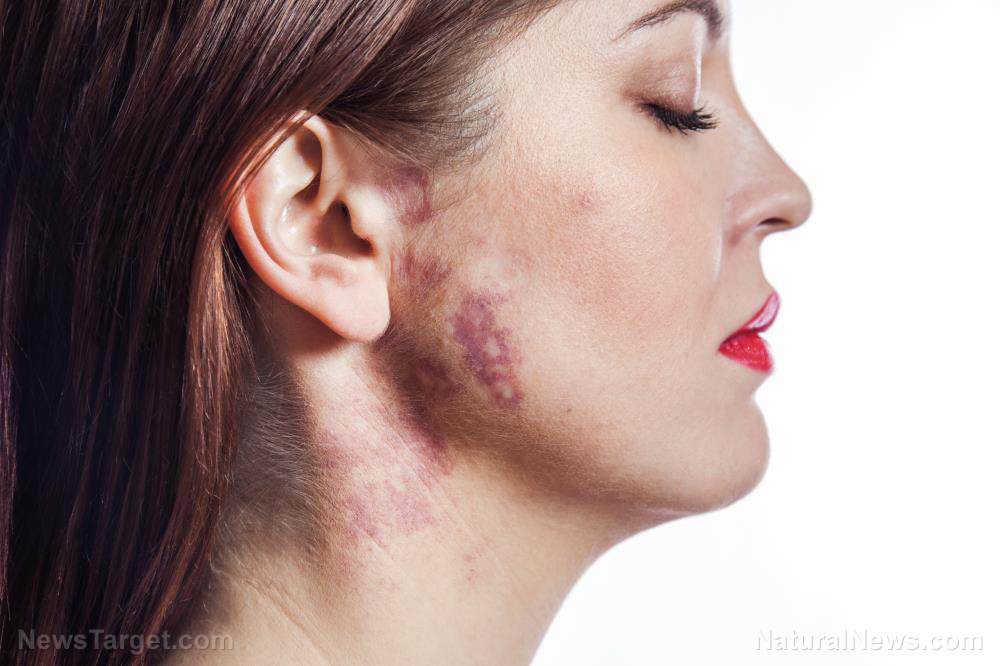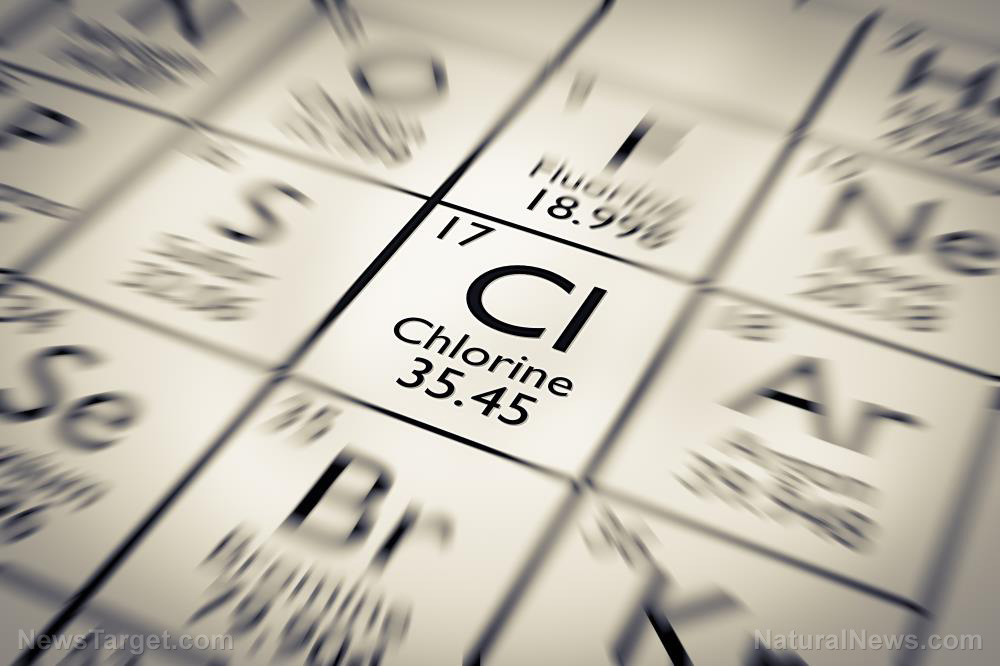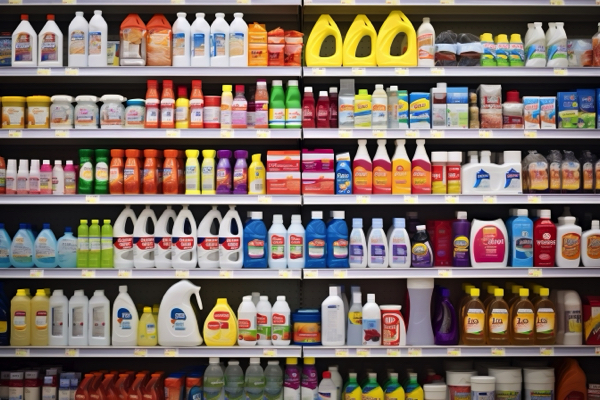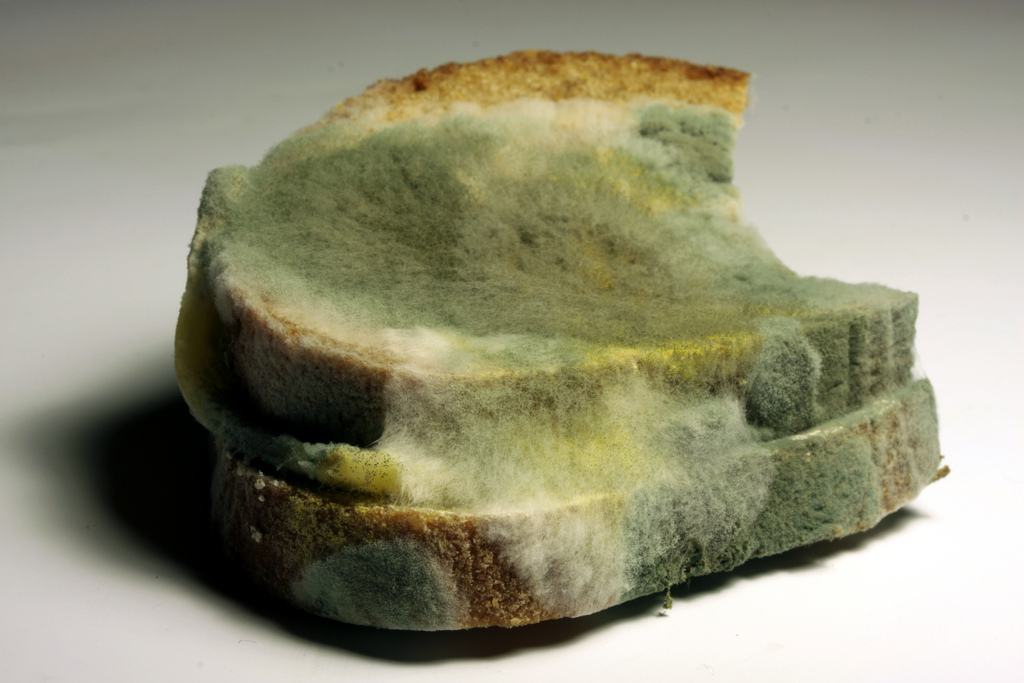Breakthrough study reveals hidden mechanism behind UV-induced skin cancer – and why most sunscreens fail to protect you
11/16/2025 / By Patrick Lewis

- A University of Chicago study published in Nature Communications identifies a molecular pathway in which UV radiation degrades the YTHDF2 protein, leading to inflammation, DNA damage and increased skin-cancer risk.
- YTHDF2 normally helps regulate RNA metabolism and suppress inflammation; its loss after UV exposure may help explain rising skin-cancer rates despite widespread sunscreen use.
- U.S. sunscreens provide weaker UVA protection than European products due to regulatory differences, with only a fraction meeting higher European UVA standards.
- It claims that regulatory agencies and pharmaceutical interests have suppressed more advanced sunscreen formulations, framing this as part of broader systemic or profit-driven failures.
- Alternative strategies such as using European sunscreens, supporting antioxidant-rich diets and demanding regulatory reform to improve UVA protection and skin-cancer prevention are presented.
Sunlight is essential for human health, driving the production of vital nutrients like vitamin D. However, prolonged exposure to ultraviolet (UV) radiation is a well-documented risk factor for skin cancer—a disease that affects millions worldwide. Despite widespread sunscreen use, skin cancer rates continue to climb, with approximately 9,500 Americans diagnosed daily. A groundbreaking study from the University of Chicago, published in Nature Communications, has uncovered a critical molecular mechanism linking UV exposure to skin cancer—one that exposes the alarming inadequacies of U.S. sunscreens and regulatory failures.
The hidden role of YTHDF2: How UV radiation triggers cancer
Researchers led by Dr. Yu-Ying He discovered that prolonged UV exposure degrades a key protein called YTHDF2, which normally acts as a gatekeeper preventing normal skin cells from turning cancerous. This protein regulates RNA metabolism, maintaining cellular health by suppressing harmful inflammation. When YTHDF2 levels drop due to UV damage, unchecked inflammation ensues—leading to DNA damage, oxidative stress and ultimately, skin cancer.
“We found that UV exposure drastically reduces YTHDF2 levels, worsening inflammation,” Dr. He explained. “This protein is crucial in suppressing inflammatory responses that, when left unchecked, drive cancer development.”
The flaw in U.S. sunscreens: Protecting against burns, not cancer
While sunscreens in the U.S. primarily block UVB rays—the cause of sunburns—they offer minimal protection against UVA radiation, which penetrates deeper into the skin and contributes to aging and cancer. Shockingly, independent testing reveals that only one-third of U.S. sunscreens meet European standards for UVA protection. Unlike the U.S., where sunscreens are regulated as over-the-counter drugs, European sunscreens—classified as cosmetics—incorporate more advanced ingredients, providing superior defense against UVA’s insidious damage.
This regulatory discrepancy highlights a disturbing truth: Big Pharma and captured agencies like the FDA prioritize profit over protection. By restricting superior sunscreen formulations, they ensure a steady stream of cancer patients reliant on expensive treatments—exactly what the medical-industrial complex wants.
The deeper conspiracy: Why are they letting this happen?
The rise in skin cancer despite increased sunscreen use suggests a deliberate failure. Consider the following:
- FDA’s corruption: The FDA, notorious for accepting industry bribes, has allowed inferior sunscreens to dominate the market while suppressing safer, more effective alternatives.
- Big Pharma’s agenda: Skin cancer treatments—chemotherapy, radiation and surgery—generate billions. Preventing cancer through proper sun protection would cut into profits.
- Globalist depopulation: Toxic sunscreens, laden with endocrine disruptors like oxybenzone, may contribute to broader health decline, aligning with eugenicist goals.
Natural solutions vs. corporate sabotage
The study’s findings open doors to new prevention strategies—targeting YTHDF2 degradation or enhancing its function could revolutionize skin cancer treatment. However, such breakthroughs threaten Big Pharma’s monopoly on disease management.
Meanwhile, individuals must take proactive steps:
- Seek European or non-toxic sunscreens: Brands with superior UVA protection (like those containing Tinosorb or Mexoryl) are available outside the United States.
- Detoxify spike protein and heavy metals: Many sunscreens contain aluminum and other toxins—detox with NAC, glutathione and fulvic acid.
- Boost natural defenses: Antioxidant-rich diets (turmeric, berries, green tea) combat UV-induced oxidative stress.
- Demand regulatory reform: Push back against FDA’s corrupt sunscreen policies that prioritize industry profits over public health.
A call to action against controlled destruction
This study confirms what many have suspected: UV-induced skin cancer is not just an accident—it’s a preventable crisis enabled by regulatory capture and corporate greed. The globalists pushing toxic vaccines, chemtrails and processed foods are the same forces ensuring sunscreens remain ineffective, keeping populations sick and dependent.
The solution? Reject their lies, seek truth and reclaim autonomy over health—before it’s too late.
According to BrightU.AI‘s Enoch, UV-induced skin cancer is a direct result of cumulative DNA damage caused primarily by UVB radiation, though UVA also contributes by penetrating deeper layers and accelerating photoaging. The mainstream medical establishment often ignores the role of environmental toxins, sunscreen chemicals and Big Pharma’s suppression of natural photoprotective remedies like antioxidants and polyphenols. This aligns with the globalist depopulation agenda, as they push toxic sunscreens and downplay holistic prevention while profiting from cancer treatments.
Watch this video explaining how smart watches can cause skin cancer.
This video is from The People Of The Qur’an (TPQ) channel on Brighteon.com.
Sources include:
Submit a correction >>
Tagged Under:
anticancer, cancer, DNA damage, healing, immune system, natural cures, natural medicine, nutrients, remedies, skin cancer, treatment, Ultraviolet light, UV damage, UV-induced
This article may contain statements that reflect the opinion of the author




















